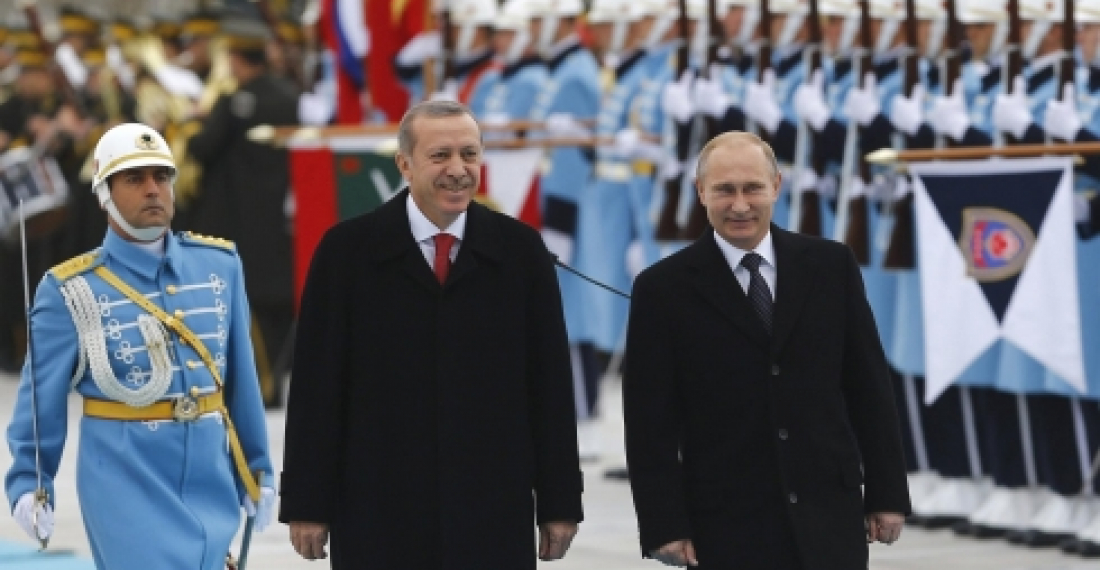"Russian President Vladimir Putin is due to visit Yerevan at the invitation of his Armenian counterpart Serzh Sargsyan to participate in the commemorative events dedicated to the 100th anniversary of Armenian Genocide in the Osman Empire", the Kremlin press service said on Monday, as reported by the Tass News Agency.
"As part of the visit, the meeting of the presidents of Russia and Armenia will be held that will discuss the issues of bilateral agenda, cooperation in integration associations and also topical regional and international issues," the statement says.
Turkish leaders spent last week criticising Pope Francis and the European Parliament for statements that were made in which the term genocide was used to describe the massacres that occured in Anatolia during World War 1 during which hundreds of thousands of Armenians died.
Commonspace.eu political editor said in a comment that "Putin's visit is a slap in the face of Turkish President Recip Tayip Erdogan who has put a lot of effort in developing relations with Putin, and who recently hosted the Russian president in Ankara. On that occasion a number of grandiose projects were announced. It is not clear where Turkish-Russian relations will stand after the visit, but observers will be watching to see if the same colourful language used by Turkish leaders in the context of the statements by the Pope and the European parliament, will be used again in the case of the Russian leader."
source: commonspace.eu
photo: President Erdogan of Turkey welcoming President Putin of Russia to Ankara in January 2015. (archive picture).







